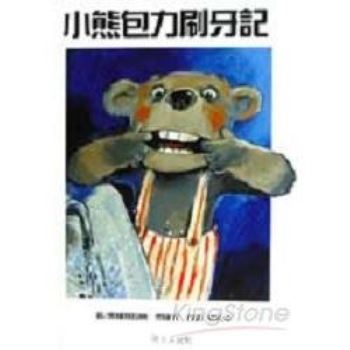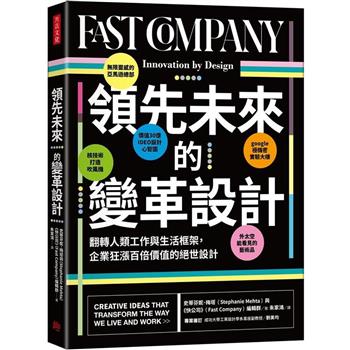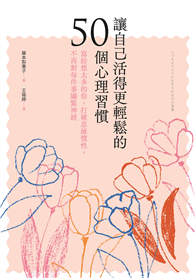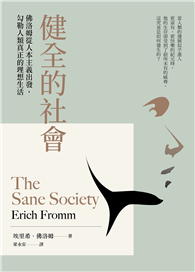Virginia Woolf’s A Room of One’s Own is a seminal essay that explores the intersection of gender and literature, advocating for women’s intellectual freedom and creative independence. Through a blend of personal narrative, historical analysis, and feminist critique, Woolf argues that a woman must have financial independence and a private space-both literally and metaphorically-to write and create. The essay is rich with Woolf’s signature lyrical prose, weaving together reflections on the societal constraints faced by women writers throughout history. It challenges the patriarchal structures that have historically marginalized women’s voices, making a compelling case for the necessity of both physical and mental space for women to flourish as artists. A Room of One’s Own remains a powerful and thought-provoking work that continues to inspire discussions about gender, creativity, and the importance of self-determination in the pursuit of artistic expression.
| FindBook |
有 1 項符合
A Room of One’s Own One的圖書 |
 |
A Room of One’s Own One 作者:Woolf 出版社:Wilder Publications 出版日期:2025-01-01 語言:英文 規格:精裝 / 98頁 / 22.86 x 15.24 x 0.64 cm / 普通級/ 初版 |
| 圖書館借閱 |
| 國家圖書館 | 全國圖書書目資訊網 | 國立公共資訊圖書館 | 電子書服務平台 | MetaCat 跨館整合查詢 |
| 臺北市立圖書館 | 新北市立圖書館 | 基隆市公共圖書館 | 桃園市立圖書館 | 新竹縣公共圖書館 |
| 苗栗縣立圖書館 | 臺中市立圖書館 | 彰化縣公共圖書館 | 南投縣文化局 | 雲林縣公共圖書館 |
| 嘉義縣圖書館 | 臺南市立圖書館 | 高雄市立圖書館 | 屏東縣公共圖書館 | 宜蘭縣公共圖書館 |
| 花蓮縣文化局 | 臺東縣文化處 |
|
|
圖書介紹 - 資料來源:博客來 評分:
圖書名稱:A Room of One’s Own One
|











